BOONE, N.C. — Small trickles of water traveling through Alaska’s permafrost — subsurface soil that remains frozen throughout the year — carry clues that could unlock a greater understanding of climate change and its advancement.
Appalachian State University’s Dr. Sarah Evans and five undergraduate students will spend the next three summers (2022–24) studying water saturation patterns in thawing permafrost on Alaska’s North Slope, with an aim of understanding how these patterns vary in a changing climate.
Their research is funded by a nearly $690,000 National Science Foundation (NSF) grant awarded to Evans and her colleagues at partner institutions Idaho State University and the University Corporation for Atmospheric Research. Evans, an assistant professor in App State’s Department of Geological and Environmental Sciences (GES), received $280,000 of the total awarded funding.
According to Evans, this thaw — which releases stored carbon into the Earth’s atmosphere — has major implications for global climate, northern ecosystems and Arctic infrastructure. The thaw has been spurred by climbing Arctic air temperatures, which have increased at twice the rate of the global average, Evans said.
“As permafrost thaws, water begins to flow along new paths underground, mobilizing previously frozen carbon,” Evans explained, adding that the release of this carbon initiates what’s known as a positive feedback cycle — “as carbon is released, air temperatures increase, thawing additional permafrost and releasing more carbon.”
If permafrost soils thaw and dry out, the feedback cycle is accelerated. “Carbon is released three times more readily from permafrost soils that thaw and dry than permafrost soils that thaw and remain saturated, implying that water patterns partially control carbon release,” she said.
The National Snow and Ice Data Center (NSIDC) estimates the world’s permafrost stores about 1,400 gigatons of frozen carbon — an amount nearly one and a half times greater than the amount of carbon present in today’s atmosphere. A gigaton is equal to the approximate weight of one hundred thousand school buses.
Using the results from her research, Evans will work with Marta Toran, lecturer and outreach coordinator in the GES department, to create an “H2cOld: Water in the Arctic” traveling outreach activity for rural K–12 students and communities throughout the Southern Appalachians and Idaho — a primarily mountainous state containing a central stretch of the Rocky Mountains.
The collected North Slope permafrost samples will be analyzed by Evans and her App State students during the academic years between fieldwork.
What do you think?
Share your feedback on this story.
About the Department of Geological and Environmental Sciences
Located in Western North Carolina, Appalachian State University provides the perfect setting to study geological and environmental sciences. The Department of Geological and Environmental Sciences provides students with a solid foundation on which to prepare for graduate school or build successful careers as scientists, consultants and secondary education teachers. The department offers six degree options in geology and two degree options in environmental science. Learn more at https://earth.appstate.edu.
About the College of Arts and Sciences
The College of Arts and Sciences (CAS) at Appalachian State University is home to 17 academic departments, two centers and one residential college. These units span the humanities and the social, mathematical and natural sciences. CAS aims to develop a distinctive identity built upon our university's strengths, traditions and locations. The college’s values lie not only in service to the university and local community, but through inspiring, training, educating and sustaining the development of its students as global citizens. More than 6,800 student majors are enrolled in the college. As the college is also largely responsible for implementing App State’s general education curriculum, it is heavily involved in the education of all students at the university, including those pursuing majors in other colleges. Learn more at https://cas.appstate.edu.
About Appalachian State University
As a premier public institution, Appalachian State University prepares students to lead purposeful lives. App State is one of 17 campuses in the University of North Carolina System, with a national reputation for innovative teaching and opening access to a high-quality, cost-effective education. The university enrolls more than 21,000 students, has a low student-to-faculty ratio and offers more than 150 undergraduate and 80 graduate majors at its Boone and Hickory campuses and through App State Online. Learn more at https://www.appstate.edu.

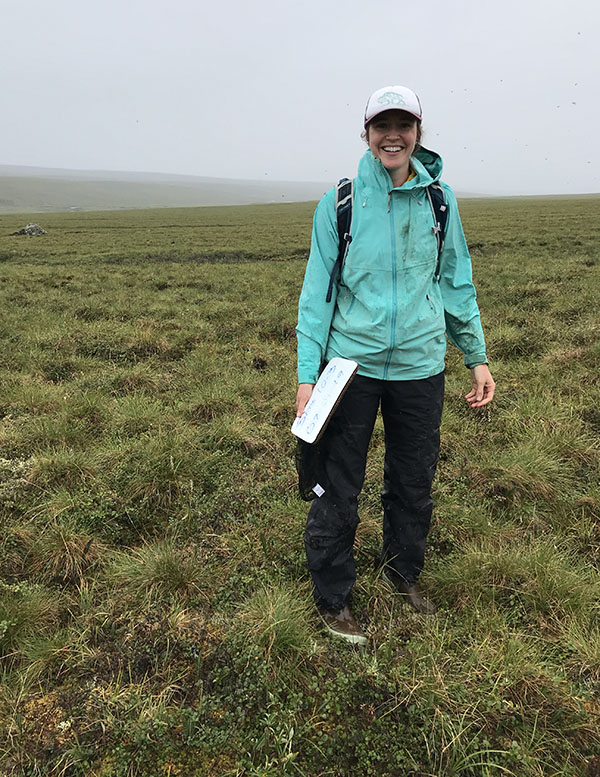
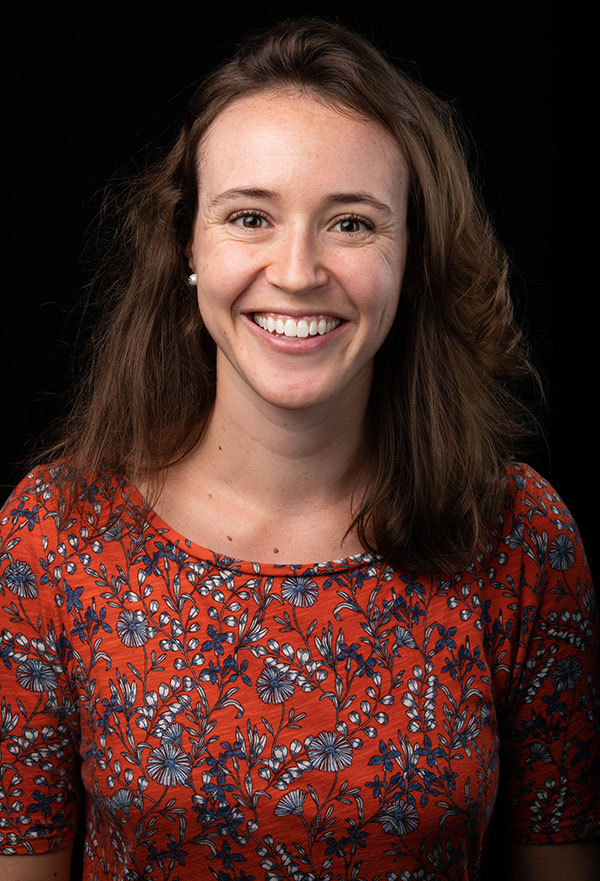
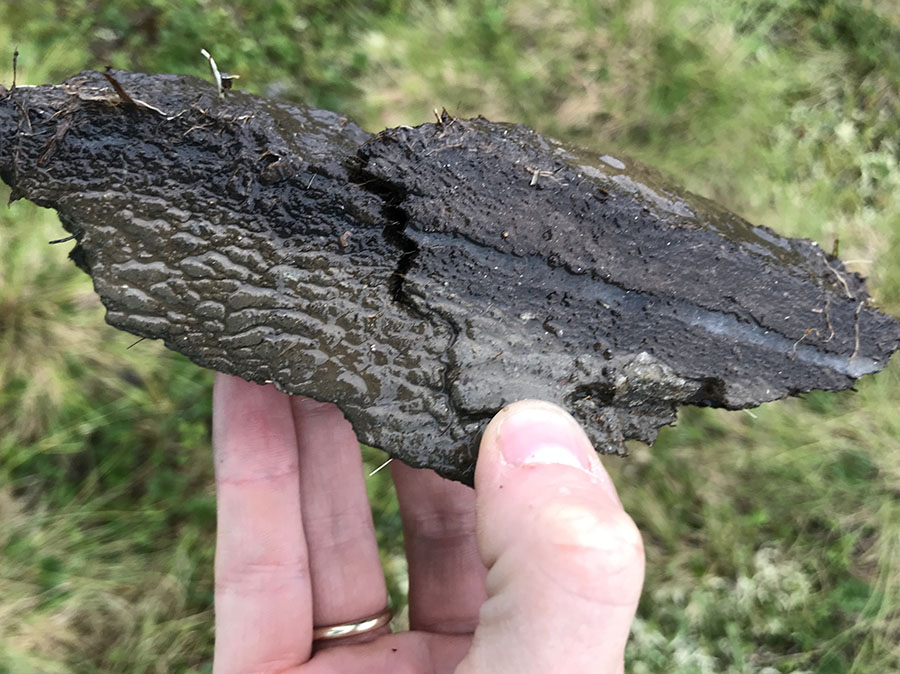
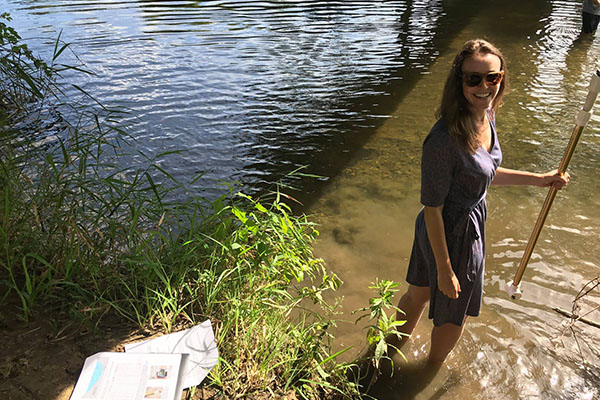
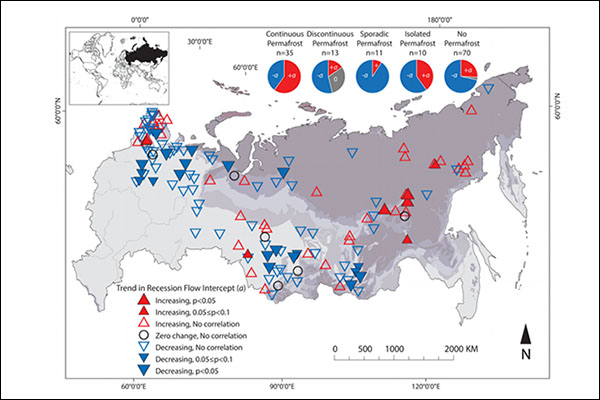
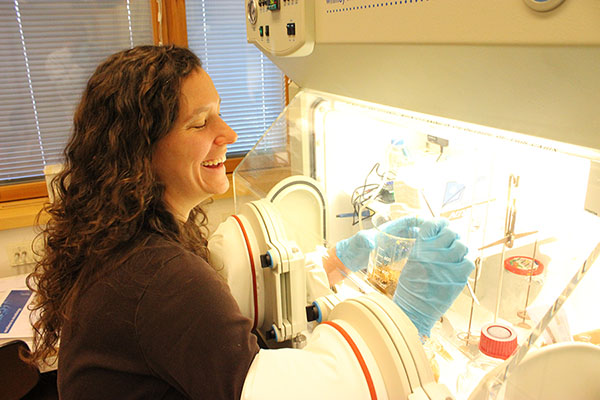




![How NCInnovation Is Rethinking Economic Development in North Carolina [faculty featured]](/_images/_posts/2026/02/rethinking-economic-development-600x400.jpg)






